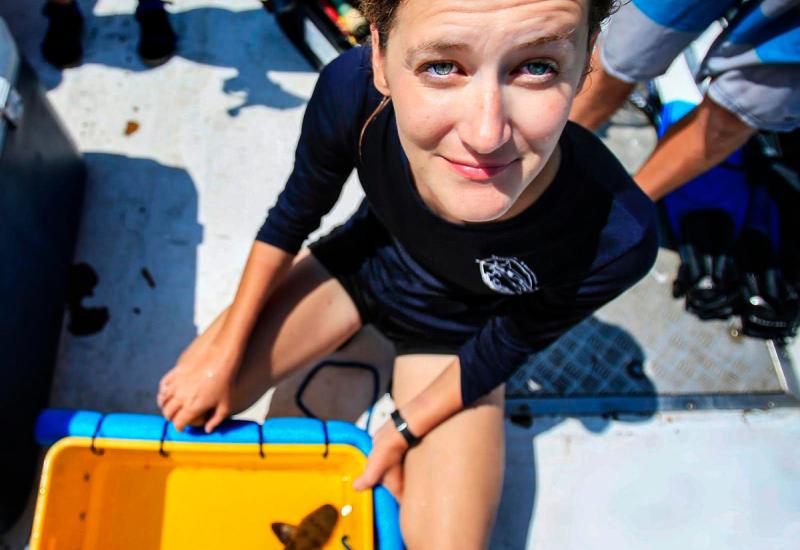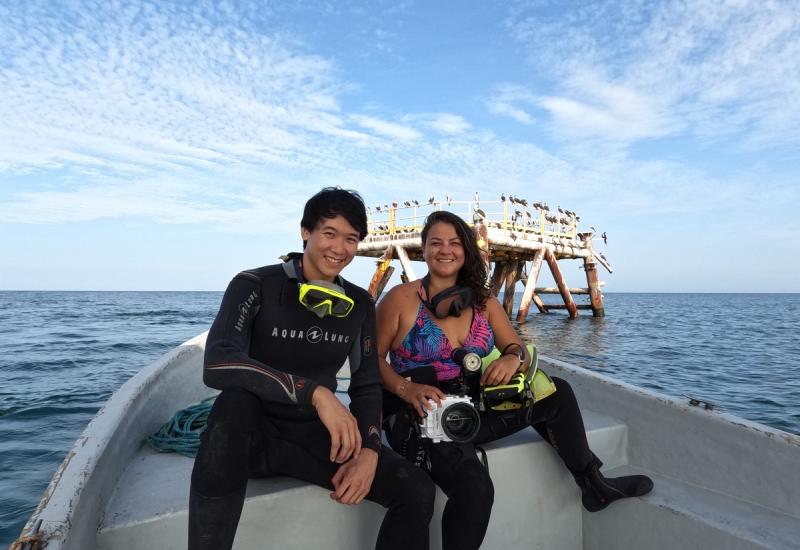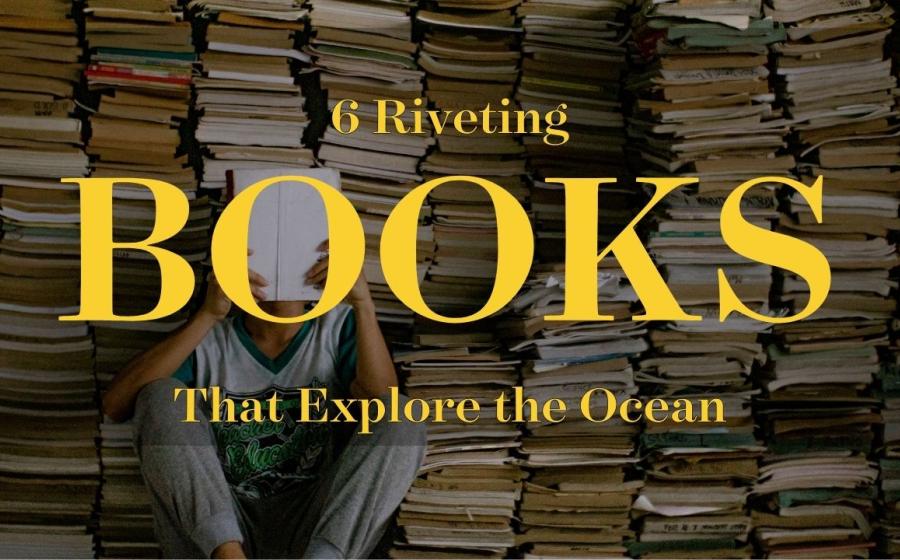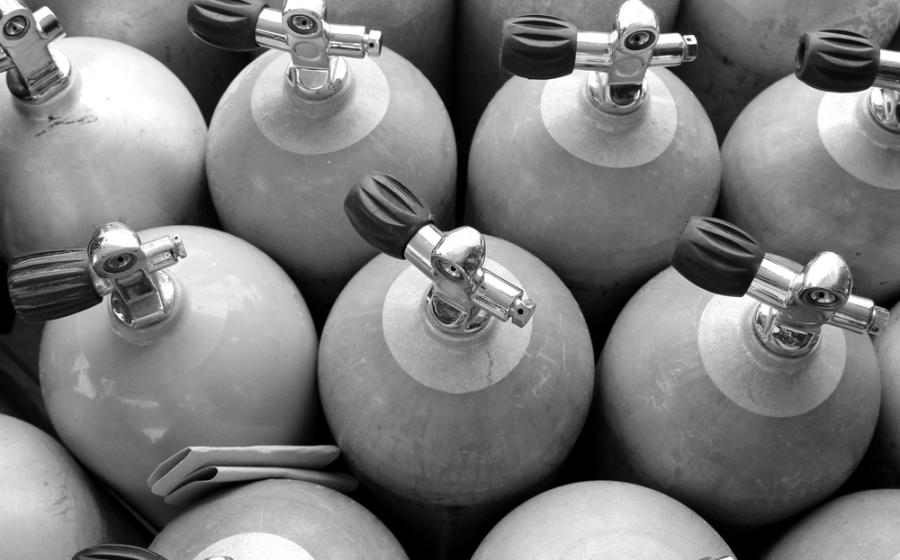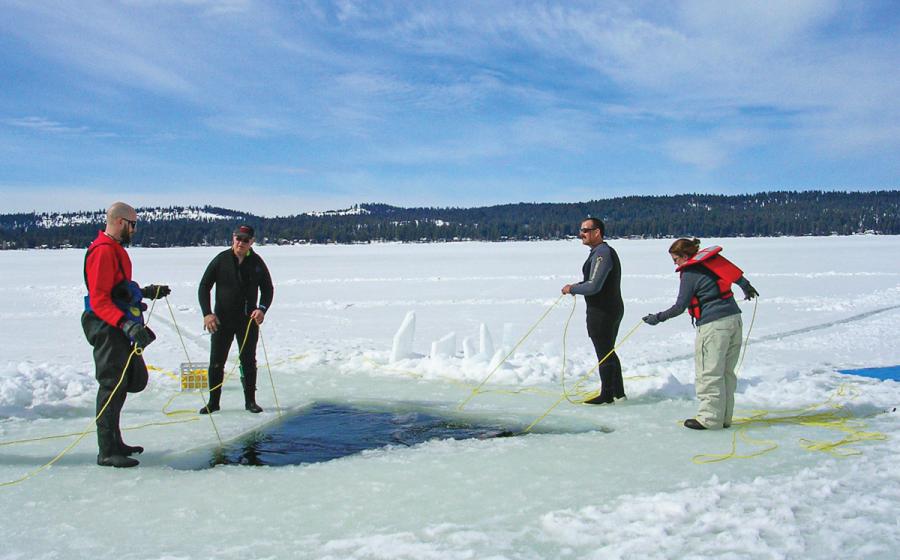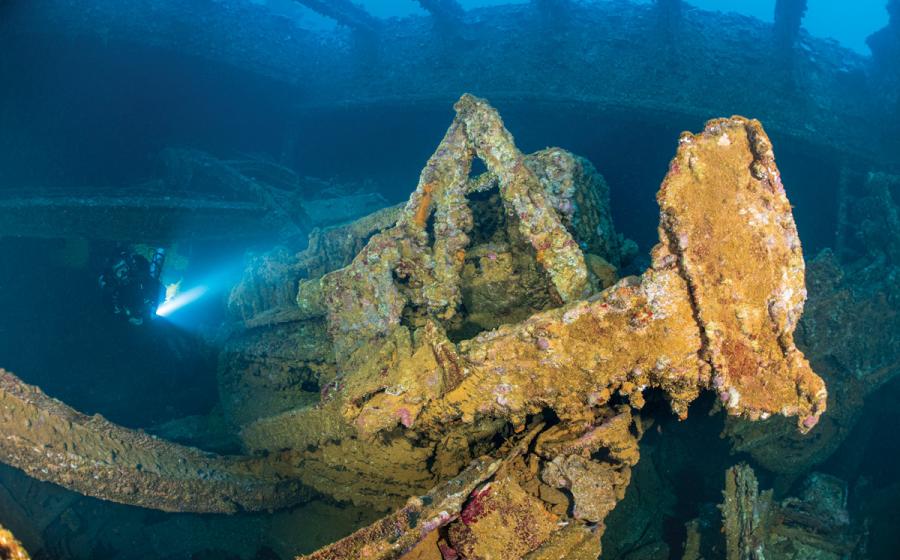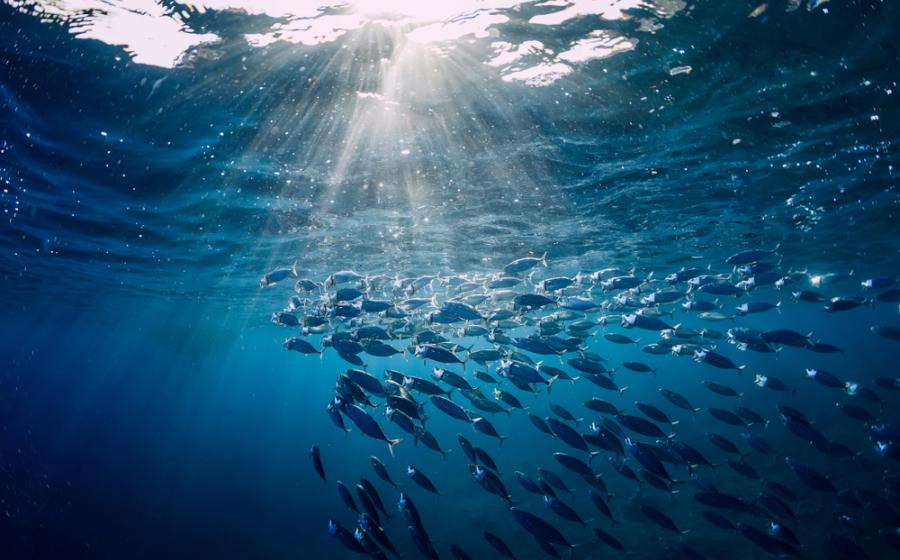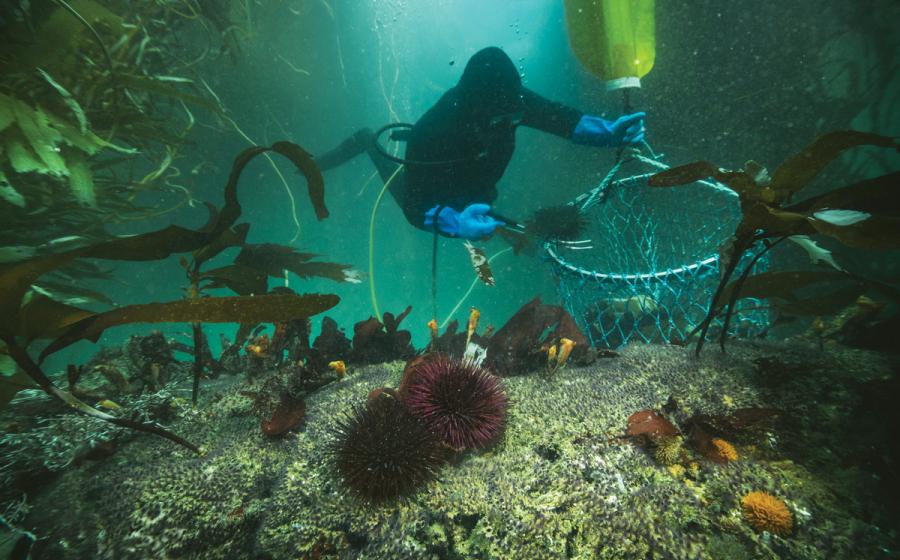What Can Divers Do to Help With Ocean Plastic Pollution?

Shutterstock.com/Breslavtsev OlegDivers are taking a stand against plastic.
"What are the best ways for members of the public to help solve ocean pollution issues?" – Katie S.
While many of the most important solutions to the ocean pollution crisis will require change at the societal level, there are still actions that individuals can take to help. And, as will surprise no one who reads my columns, there are many things that people are currently doing that are not especially helpful.
For centuries, humans believed that the ocean was so vast that we could take anything we wanted out of it, or dump anything we wanted into it, without making an impact. We now understand that neither is correct. Despite this hard-won knowledge, a truly shocking amount of pollution enters the ocean every year, where it poisons or strangles a wide variety of marine life. The problem is clear—so what can we, both as a society and as individual concerned citizens, do about it?
Many of the solutions to the ocean pollution crisis will require high-level changes to how we produce and manufacture food and goods, and how we dispose of waste. That means the most important step an individual can take is to advocate for these changes.
Related Reading: You Can Help Us “Triumph Over Trash”
These might not be the most exciting topics to advocate for, but they’re really important! The necessary solutions require changes to our regulatory structures and laws. This is phrased (perhaps needlessly provocatively) in an essay that I assign my Georgetown environmental science students as “I’m an environmentalist, and I don’t care if you recycle”. Some of these solutions, as outlined in a recent report by the High Level Panel for a Sustainable Ocean Economy, include upgrading our wastewater and stormwater infrastructure, restricting the use of some chemicals and products in agriculture and manufacturing, and more.
Sure, there are some actions that individuals can take that will help. One of the biggest is to use fewer single-use plastics. Please note that I didn’t say, “Don’t use any plastic ever, anyone who uses any plastic ever is evil and bad,” which is a common, but not especially helpful, talking point in some circles. This is especially out of control in the plastic straw discourse—notably, as I argued in my first-ever Scuba Diving magazine column, there are people who unequivocally need plastic drinking straws due to a variety of medical conditions.
Related Reading: An Unforgettable Dive: From Chemical Streaks to Clean Oceans
Another important step is to be thoughtful about what you really need in your everyday life. This will reduce unnecessary waste. And yes, recycling is still useful, as long as we understand that recycling and using a canvas shopping bag alone will not save the planet.
If we’re to save the ocean from pollution, we need to change our relationship with the processes and items that lead to pollution. That requires advocating for real change with our local and national governments, supporting political candidates and organizations that will lead to change, using fewer products that cause major pollution problems as an individual, and, generally, realizing that complex global problems are unlikely to be solved by a solution so oversimplified that it fits on a bumper sticker.
Learn more about how you can get involved to help protect our ocean as a diver at PADI Dive Against Debris.
Ask a Marine Biologist is a monthly column where Dr. David Shiffman answers your questions about the underwater world. Topics are chosen from reader-submitted queries as well as data from common internet searches. If you have a question you’d like answered in a future Ask a Marine Biologist column, or if you have a question about the answer given in this column, email Shiffman at [email protected] with subject line “Ask a marine biologist.”
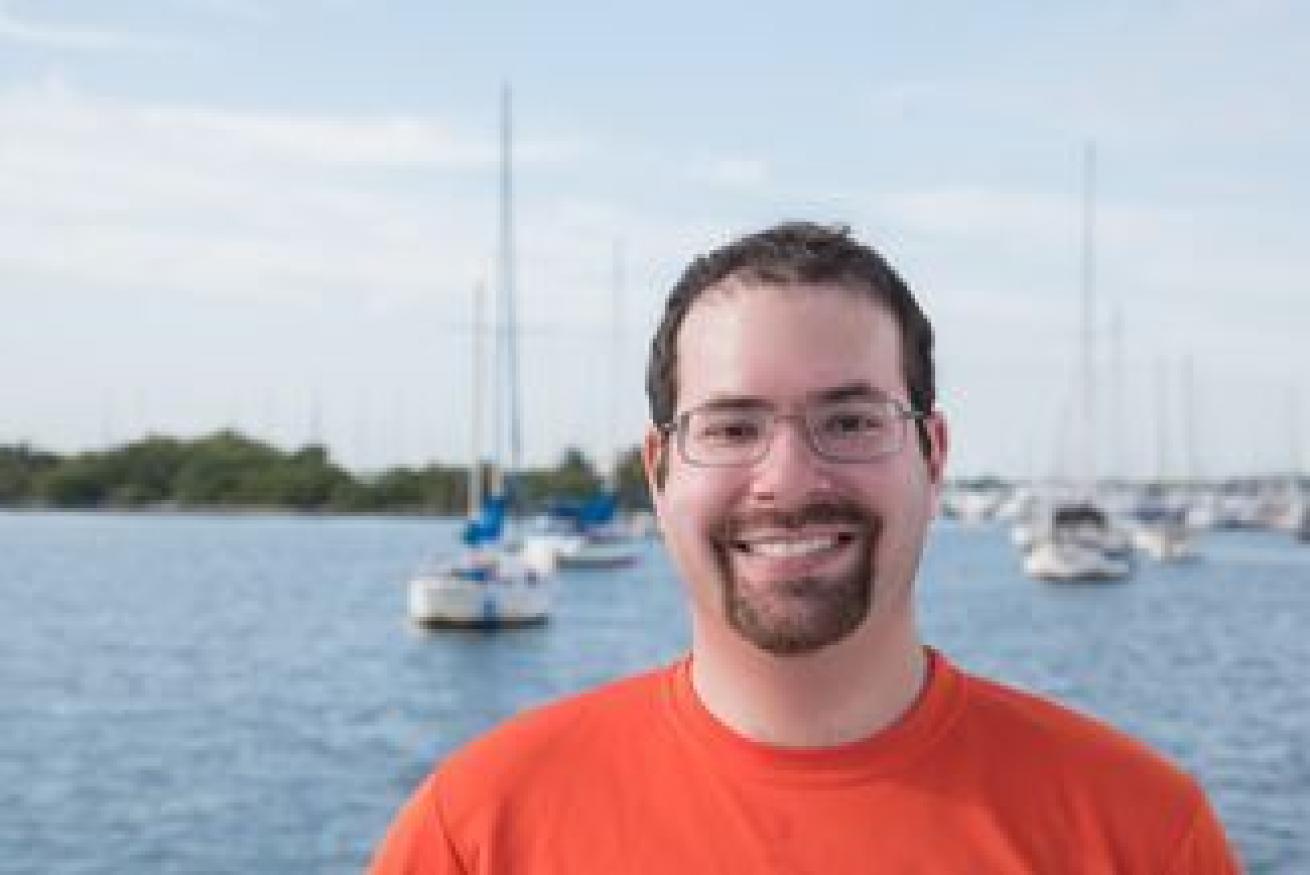
Courtesy David ShiffmanImage of David Shiffman
Dr. David Shiffman is a marine conservation biologist specializing in the ecology and conservation of sharks. An award-winning public science educator, David has spoken to thousands of people around the world about marine biology and conservation and has bylines with the Washington Post, Scientific American, New Scientist, Gizmodo and more. Follow him on @WhySharksMatter on Twitter, Facebook and Instagram, where he’s always happy to answer any questions about sharks.
The views expressed in this article are those of David Shiffman, and not necessarily the views Scuba Diving magazine.

8dd8.jpg)

